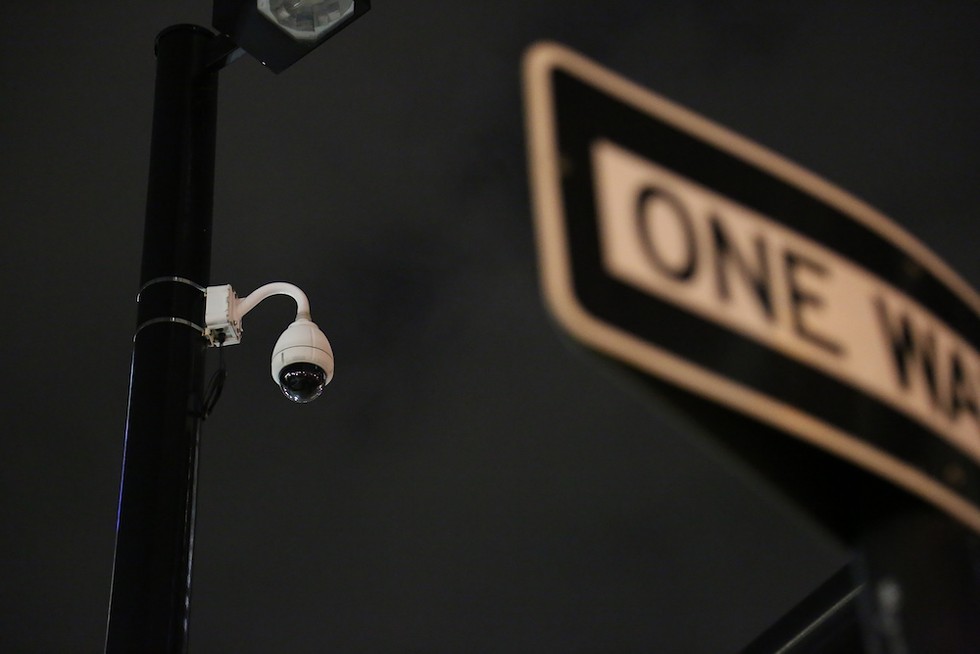The condemnation of Orlando's use of Rekognition has been widespread. Locally, 10 organizations, including the Arab American Community Center of Florida, Mi Familia Vota, NeJame Law and Organize Florida, have called on OPD to stop using the software because of its potential to be "used for discriminatory immigration enforcement, monitoring individuals who attend protests and engage in other non-violent activities, or disproportionately surveilling minority communities and residents who have committed no crimes."
Some Amazon workers have also asked Bezos to stop selling the technology to law enforcement.
"We don't have to wait to find out how these technologies will be used," they wrote in an internal letter. "We already know that in the midst of historic militarization of police, renewed targeting of Black activists, and the growth of a federal deportation force currently engaged in human rights abuses – this will be another powerful tool for the surveillance state, and ultimately serve to harm the most marginalized."
Earlier this month, tech giant Microsoft asked Congress to set regulations for the use of facial recognition.
"It completely changes the society in which we live," Lynch says. "It destroys the ability to live in a true democracy if we feel the government is watching us everywhere we go all the time."
tweet this
"If we move too fast with facial recognition, we may find that people's fundamental rights are being broken," Microsoft president Brad Smith wrote in a blog post.
The deployment of facial recognition technology is happening faster than efforts to curtail potential abuse, says Clare Garvie, an associate with the Center on Privacy & Technology. Garvie says it's encouraging to hear assurances from OPD that it will only use Rekognition to find people with outstanding warrants. But until those regulations are codified, the public will have to take law enforcement's word for it.
"This kind of facial recognition technology is akin to police walking through a public protest and making everyone show their identification," she says. "We would be appalled if that was permitted. Facial recognition enables a world where law enforcement can do that in secret without anybody knowing it can take place."
In the coming months, the City Council will decide whether to continue with the software. Now is the time for privacy advocates to push back, argues Lynch of the Electronic Frontier Foundation.
The Fourth Amendment protects against warrantless wiretaps by government agencies, Lynch says. There should be strict restrictions on when and how police can track people using facial recognition. If not, she fears the practice will become normalized – and then who knows what will happen.
"It completely changes the society in which we live," Lynch says. "It destroys the ability to live in a true democracy if we feel the government is watching us everywhere we go all the time."




















